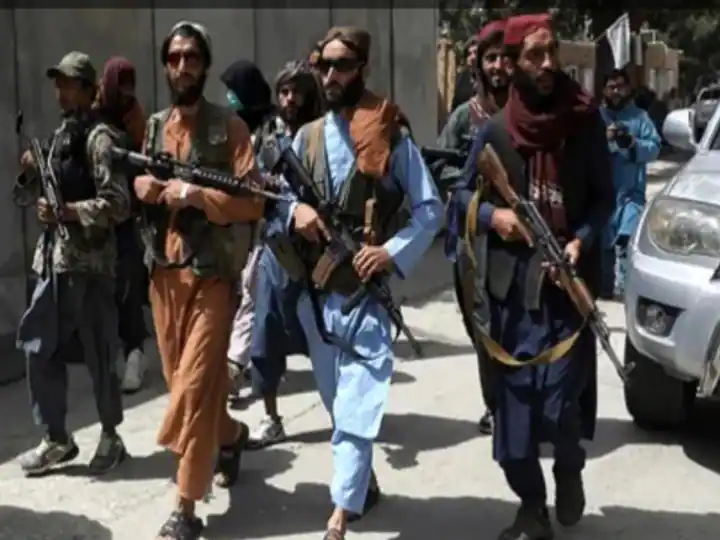“Whether it is in Afghanistan or against India, groups like LeT and JeM continue to operate with both impunity and encouragement,” Jaishankar said.
New Delhi: Drawing a parallel between the coronavirus and the global scourge of terrorism, Foreign Minister (EAM) S Jaishankar said on Thursday that what is true of Covid is even truer of terrorism: none of us are in security until all of us are.
Speaking at the United Nations Security Council (UNSC) meeting, the minister said groups like LeT and JeM continue to operate with impunity and encouragement and stressed that no country should provide them with sanctuaries, as he recalled the Mumbai, Pathankot, and Pulwama attacks carried out by terrorists based in Pakistan.
“Whether in Afghanistan or against India, groups like LeT and JeM continue to operate both with impunity and with encouragement. Therefore, it is vital that this Council does not take a selective, tactical or even a complacent view of the problems we face, ”said Jaishankar.
“We must never tolerate terrorist sanctuaries or neglect the collection of their resources,” Jaishankar said, as he chaired the Security Council briefing on “Threats to international peace and security caused by terrorist acts “, held under the current Indian presidency of the 15-member of the Council.
While indirectly hitting Pakistan where terrorists and UN-banned terrorist groups enjoy safe havens and state support, Jaishankar said that when we see state hospitality given to those with the blood of innocent people on our hands, we should never lack the courage to call this double-talk.
The UNSC briefing considered the 13th report of the Secretary-General on the threat posed by ISIL (Daesh) to international peace and security. ISIS in Iraq and Levantine Khorasan has expanded its presence in several provinces of Afghanistan and strengthened its positions in and around Kabul, according to the August 3 report.
READ: Afghanistan News: The situation in Afghanistan worsens
The report states that one of the main risks identified by member states is that “militants in Afghanistan, the Taliban or other groups, may join the Daesh affiliate if they feel alienated or threatened by developments in the country. The Afghan peace process.
“In our own immediate neighborhood, ISIL-Khorasan (ISIL-K) has become more energetic and constantly seeks to expand its footprint. The events unfolding in Afghanistan have naturally heightened global concerns about their implications for regional security and international, ”Jaishankar pointed out.


